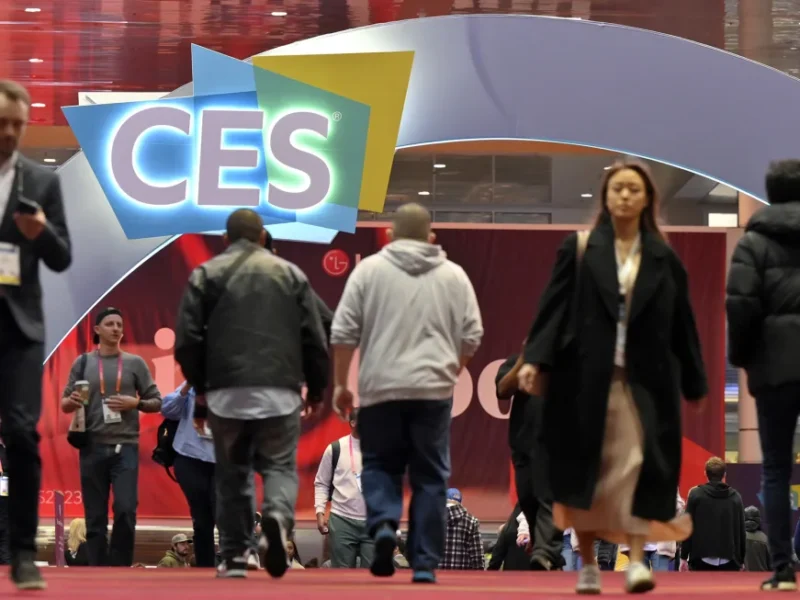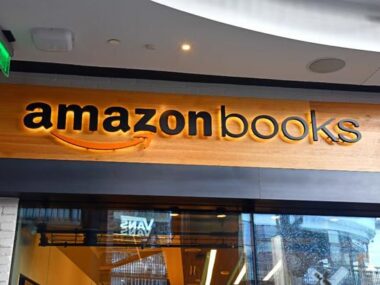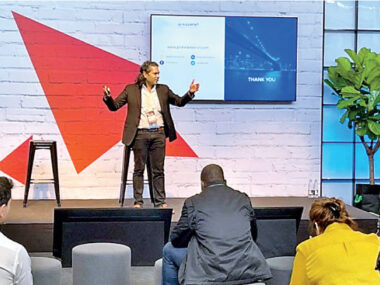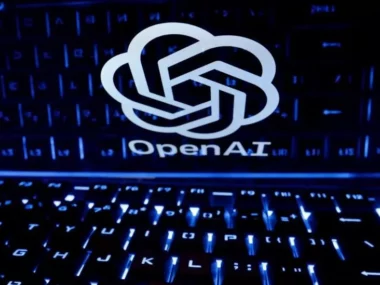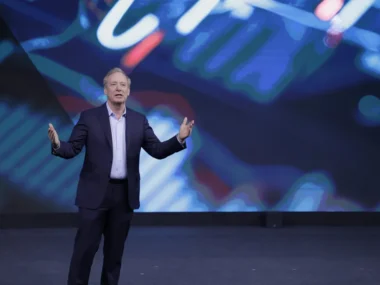What to anticipate at CES 2024: The inaugural companion robot featuring ChatGPT, an AI-driven “smart belt” assisting the visually impaired, and a range of AI-powered household appliances including vacuum cleaners and mops.
Following a year dominated by artificial intelligence in the tech industry, the upcoming products set to debut at CES 2024 will unsurprisingly revolve around AI once again.
CES 2024, now in its 58th year, will commence this week in Las Vegas, offering a blend of cutting-edge technologies and quirky gadgets.
Recognized as the largest consumer tech conference, CES is famous for its robot displays, high-profile tech company presentations, and peculiar product launches, such as last year’s $3,000 self-driving stroller and cars with color-changing exteriors.
Yet, the event also serves as a hub for networking and dealmaking among industry executives, manufacturers, and retailers across various sectors. It often sets the stage for major tech trends of the year and showcases how companies aim to participate in these discussions.
Dipanjan Chatterjee, a principal analyst at Forrester, commented, “Perhaps the question to ask is what AI will not touch this year,” as the frenzy around ChatGPT has driven companies to hop on the AI bandwagon, even without a clear direction.
Chatterjee expects AI to be pervasive, from chips and cards by companies like Intel and Nvidia to consumer products like Samsung’s “AI Family Hub” refrigerators. Panel discussions will explore AI’s potential impact on jobs and ethical considerations.
The Consumer Technology Association (CTA), the event’s organizer, anticipates approximately 130,000 in-person attendees this year, a notable increase from 115,000 in the previous year and 45,000 in 2022 due to concerns about the Omicron variant. CTA will also provide livestream options for select events.
The show will host over 4,000 exhibitors and 1,200 startups from around the globe, featuring speakers from prominent companies like Samsung, LG, and Microsoft. Notable figures such as Snap co-founder and CEO Evan Spiegel and Walmart CEO Doug McMillon will participate in discussions. Apple, which typically abstains from CES, is not expected to be present.
According to CTA, about 60% of Fortune 500 companies will attend, fostering diverse product launches and discussions spanning various tech and non-tech sectors. Notably, beauty has become an official product category at CES, with L’Oreal CEO Nicolas Hieronimus delivering the company’s inaugural CES keynote address.

The Loona companion robot stands as the world’s pioneer consumer robot integrated with ChatGPT AI technology.
The show also maintains its status as one of the fastest-growing auto exhibitions globally, showcasing an array of transportation modes, spanning from water-based, land-based, to airborne. This year, notable features include electric boats and self-piloting recreational boats from boating company Brunswick. Additionally, VinFast, the Vietnamese electric vehicle manufacturer that recently entered the US market, will introduce new models, including a compact SUV. Hyundai will also make an appearance, presenting an electric aircraft from its air taxi subsidiary, Supernal.
Furthermore, various automakers will exhibit the latest advancements in in-car experiences and capabilities, offering insights into what people can expect to see and do while inside their vehicles.
Moving past artificial intelligence
Foldable displays, advanced wearables, and accessories related to mixed reality are also expected to garner significant attention this year.
Anticipate applications for augmented and virtual reality that extend beyond gaming, including multimedia consumption and enterprise utilization like training, onboarding, and collaborative work, as stated by Ramon Llamas, a director at the market research firm IDC. Companies aim to establish their presence in this space before Apple’s Vision Pro release later in the year.
In addition to these developments, new wearable device designs will be showcased. One example is the Dusk Rx, a nominee for the 2024 CES Innovation Award, which claims to be the world’s first prescription-ready glasses that allow users to control the tint of their lenses either through the frame or using a dedicated app. Another innovative product, nominated for an Innovation Award, includes high-tech leggings featuring microcurrent technology designed to enhance athletic performance.
Some companies might unveil upgraded versions of their previous innovations. In recent years, voice-activated devices and smart speakers have dominated CES, with companies integrating voice assistants into a wide range of products, from microwaves to toilets. While initial expectations about consumer adoption of this technology were somewhat exaggerated, these same companies are now exploring generative AI, the technology powering products like ChatGPT, to take voice interaction to a more intuitive and practical level.
Stuart Carlaw, Chief Research Officer at ABI Research, noted that CES remains a valuable indicator of market trends, but the sheer volume and diversity of tech products on display make it challenging for any single product to truly stand out. He compared it to blindfolded explorers trying to comprehend the full scope of the elephant they are interacting with. However, he highlighted that AI stands as a notable exception, suggesting that a tech company without an AI story might be missing a crucial aspect of the industry.

